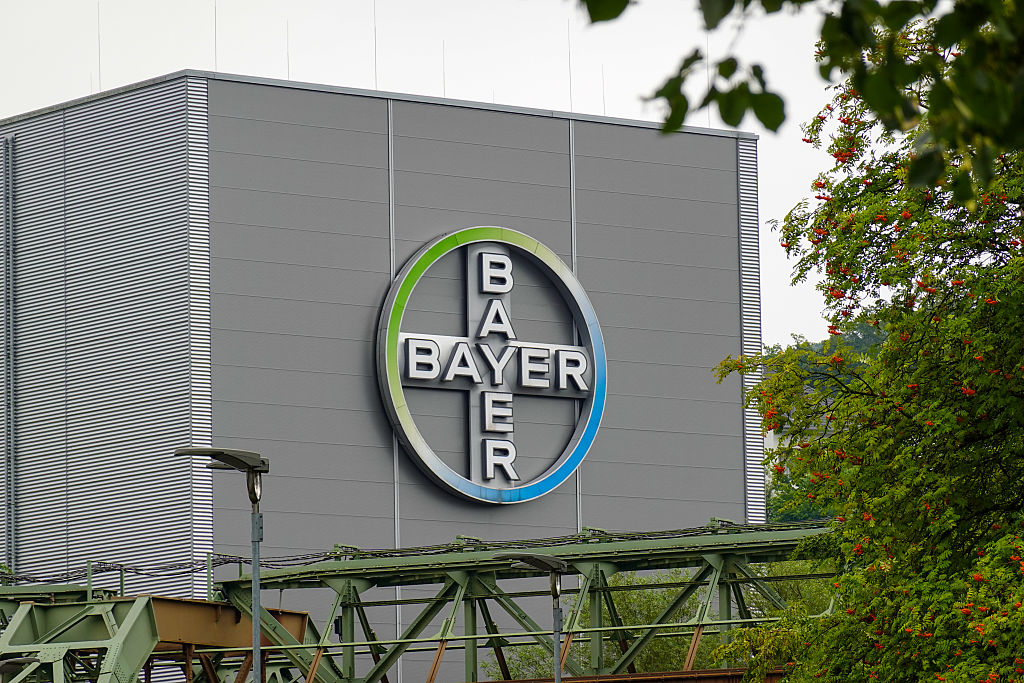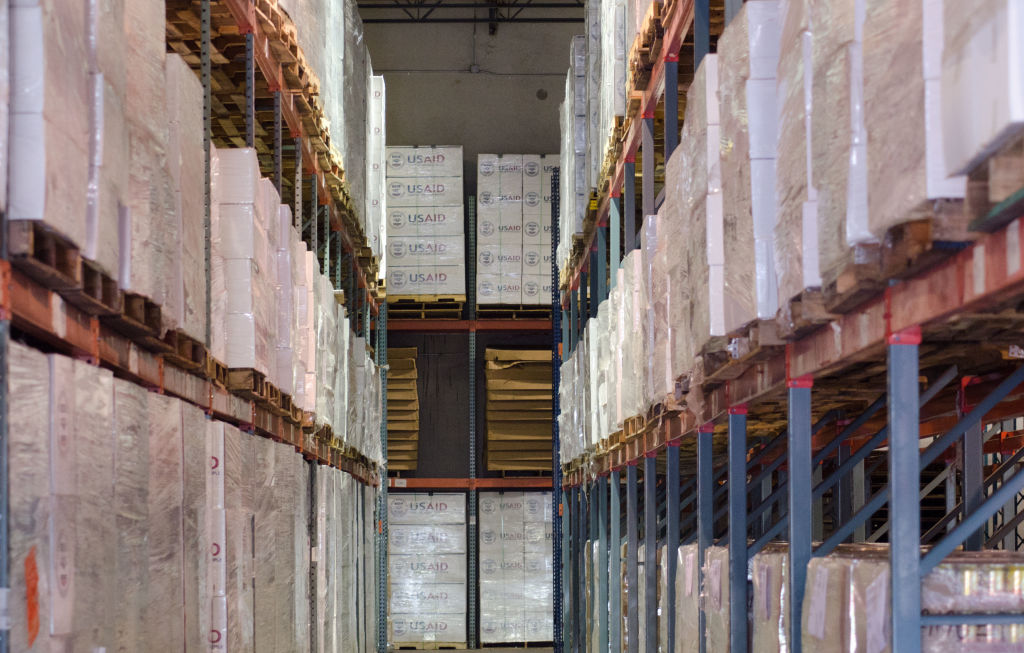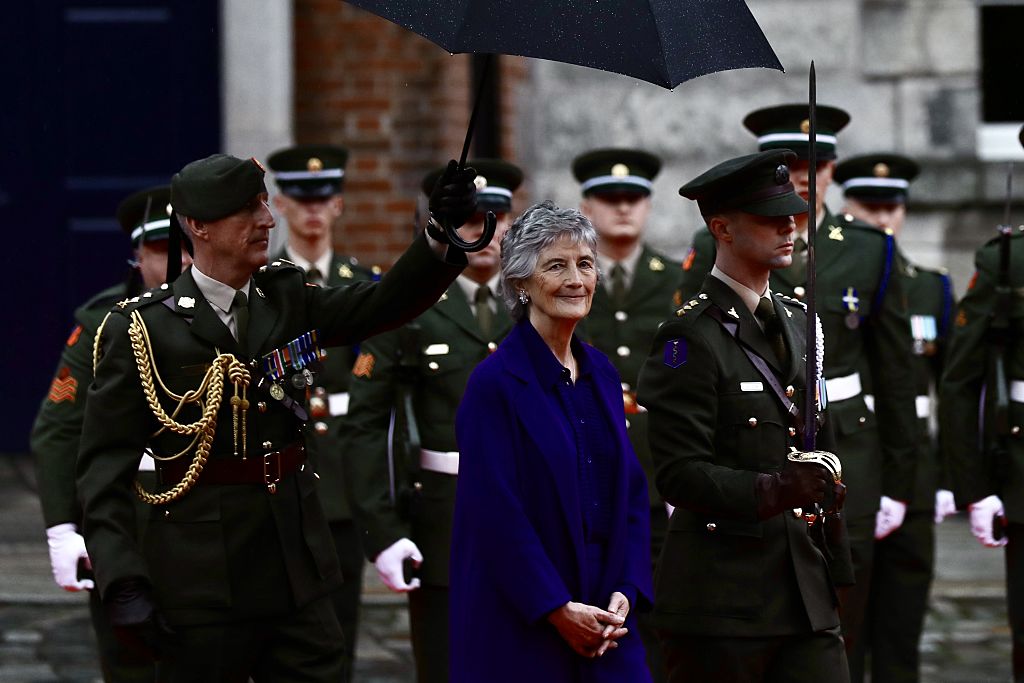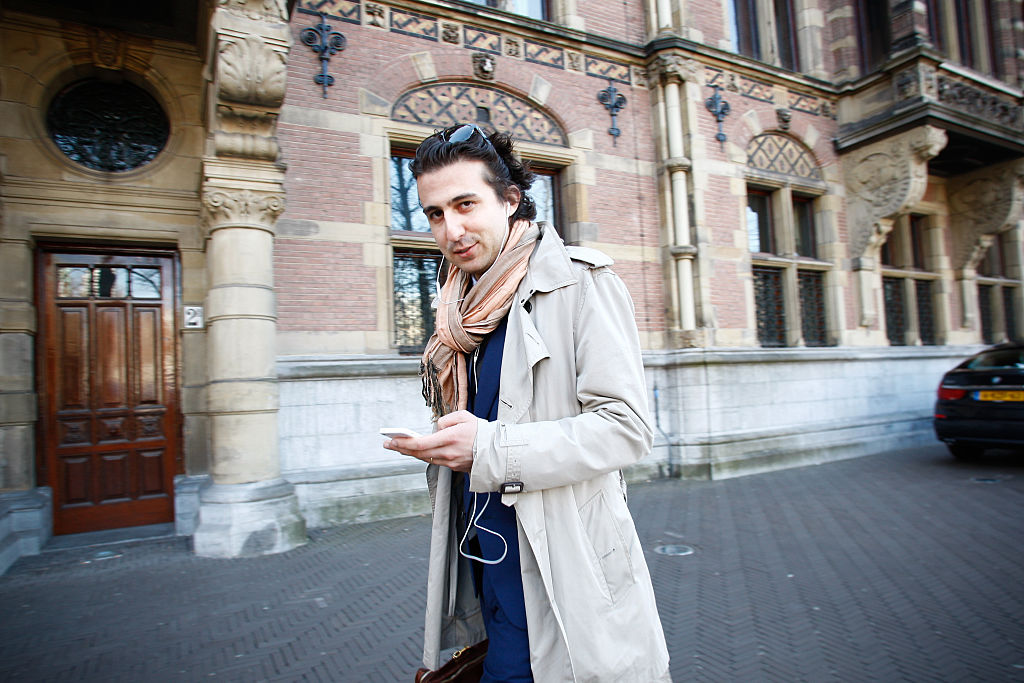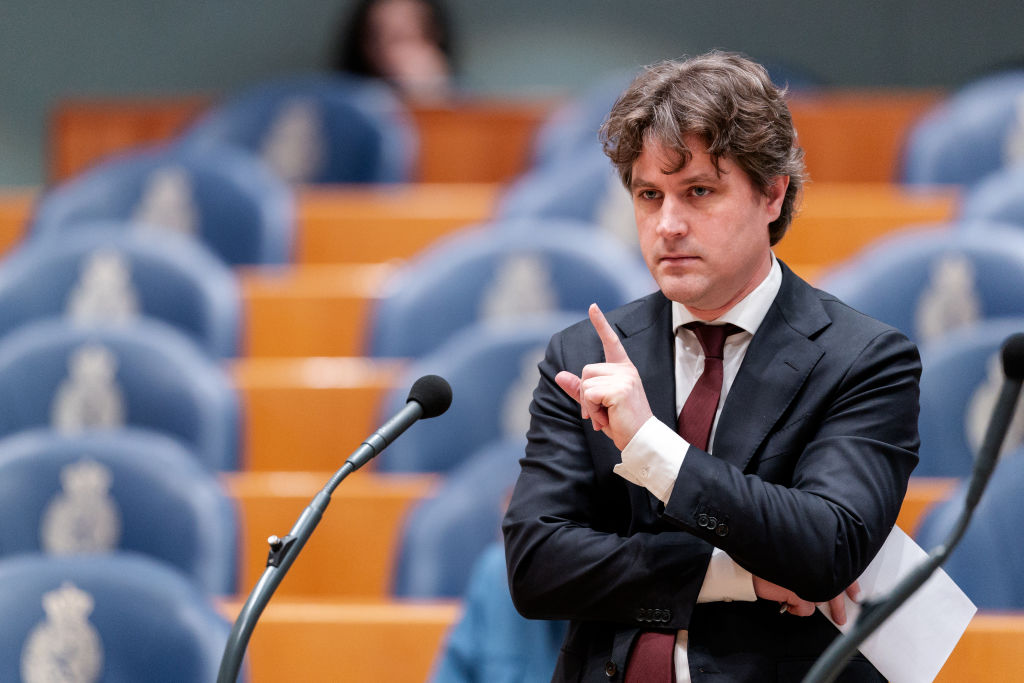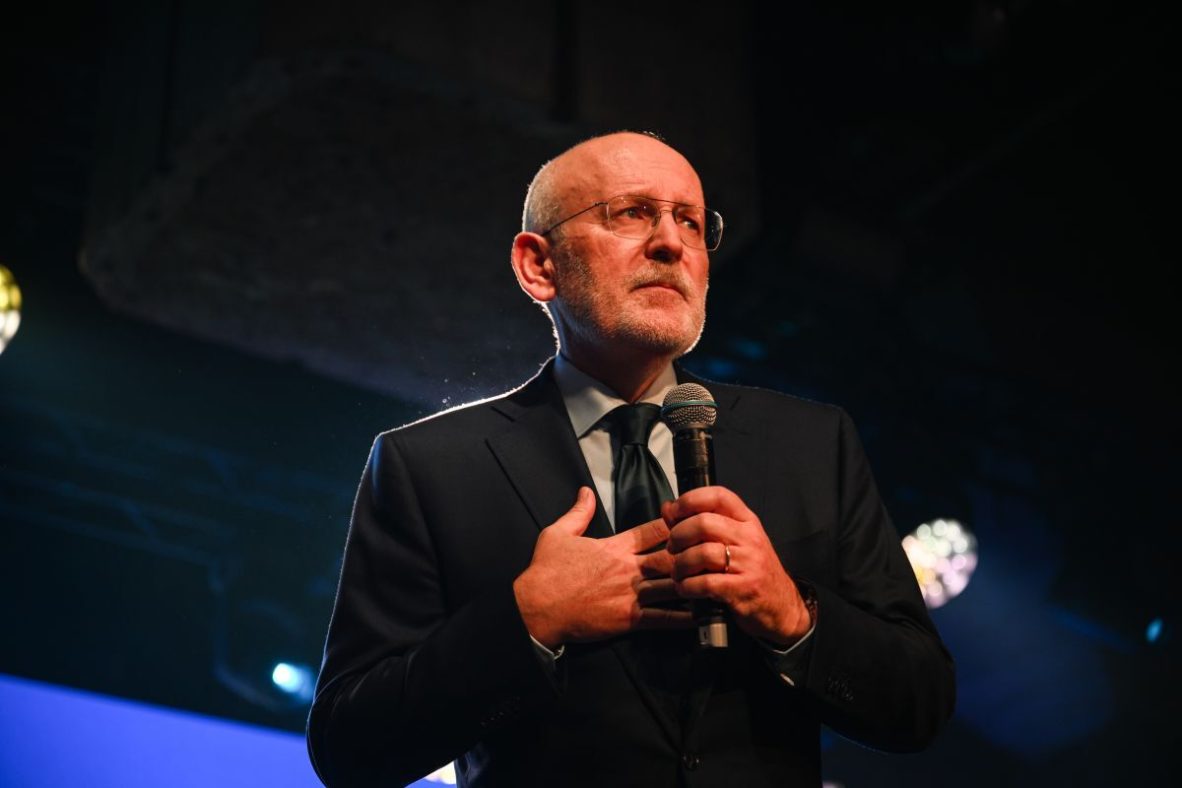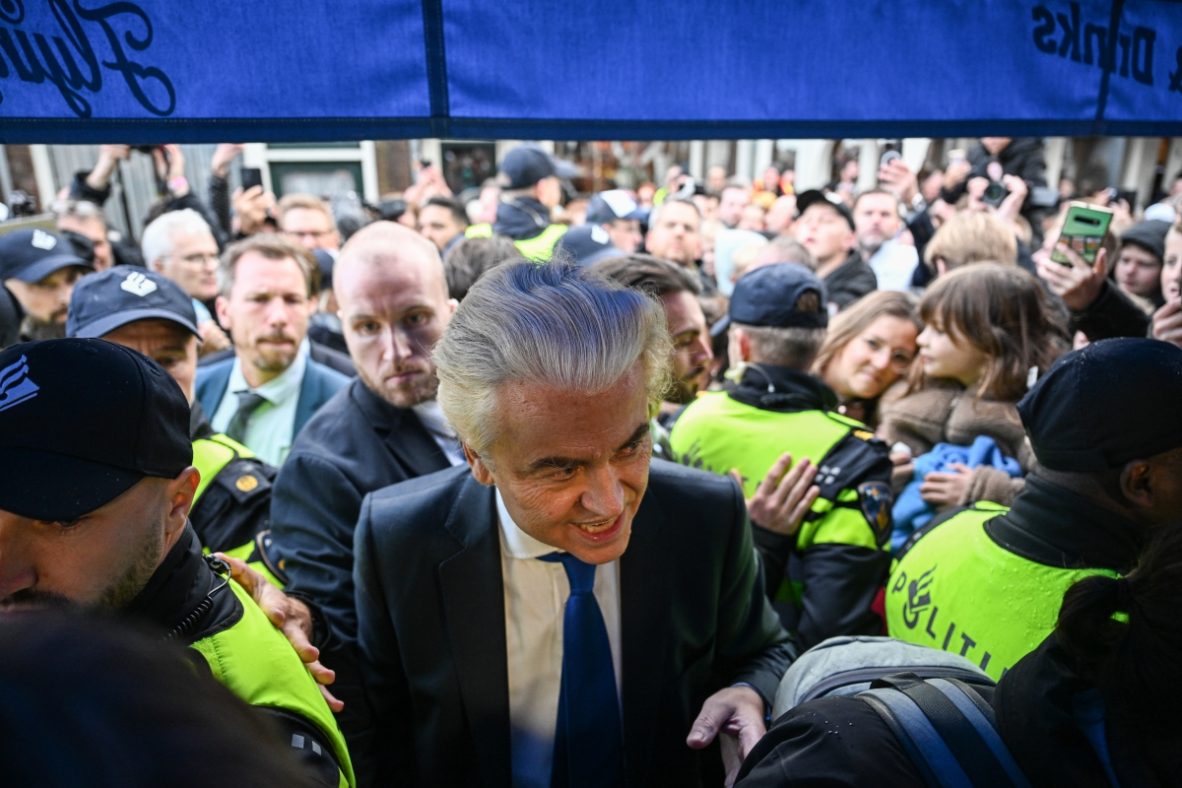Healthcare emerges as surprise battleground in Dutch election
Patients and pharma industry were left on edge as party leaders clashed on health expenditure
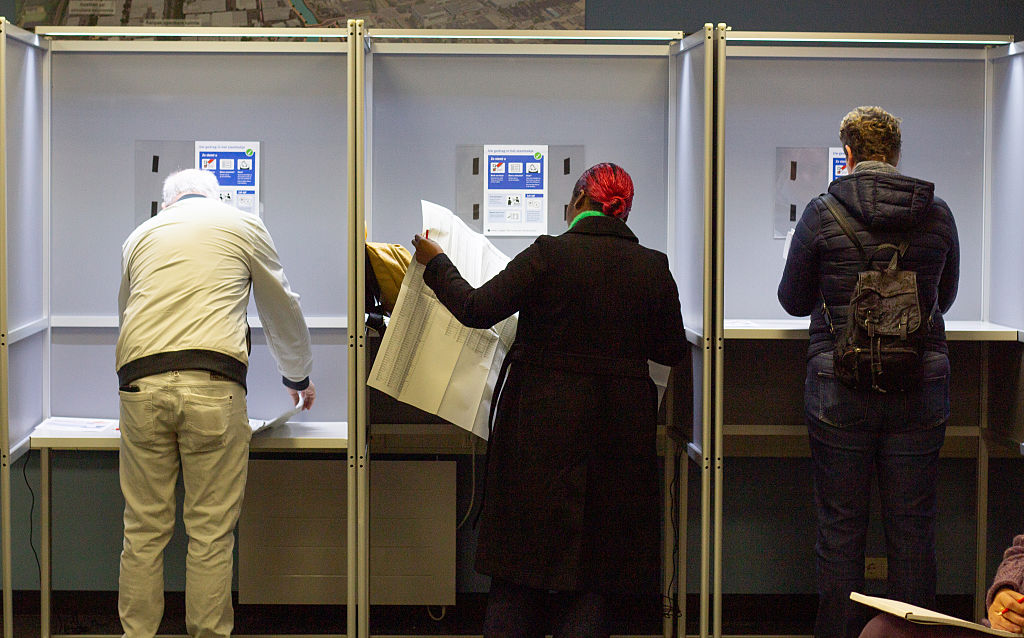
Healthcare savings briefly took centre stage during a televised debate between Dutch political leaders, prompting 16 patient organisations to issue an urgent letter calling for continued access to the latest medicines for patients regardless of their level of income.
Migration and housing had been dominating the political discourse in the Netherlands ahead of today’s general election. Polls show the main parties are neck and neck.
During the election campaign, the GroenLinks-PvdA, led by former Commission Executive VP Frans Timmermans, was the only party that wanted to increase healthcare expenditure. Most other parties want to use the savings to fund higher defence spending.
“If these plans become reality, it means that all new, proven effective treatments, innovative surgeries, and improved medications will no longer be included in the basic health insurance package in the future,” the patient organisations said in their joint letter.
Coverage at peril?
The letter followed the second major televised debate, when the focus suddenly shifted to the basic set of treatments covered by the Netherlands’ compulsory health insurance system.
The leader of the social liberal D66 party, Rob Jetten, insisted newly developed medications could still be covered despite policy analysis showing the party wanted to freeze the current package. This prompted Timmermans to accuse him of “lying”.
Ahead of the elections, ten political parties sent their manifestos to the Dutch Bureau for Economic Policy Analysis (CPB) to be analysed for their economic impact.
D66 submitted proposals that would reduce collective healthcare expenditure by €7.3 billion in 2030. The CPB said the party’s measures would freeze the basic health insurance package, meaning that new treatment options and medications that increase healthcare costs will not be covered. The CPB said this “will lead to a substantial increase in socioeconomic disparities in access”.
Health for the wealthy?
The patient organisations said the CPB’s analysis of the election manifestos reveals that some parties want to completely freeze the basic health insurance package. These include the VVD, D66, SGP, ChristenUnie, Volt, and JA21.
“This threatens to create situations in which only the wealthiest Dutch people with, for example, cancer, Alzheimer’s, rheumatism, or another illness will be eligible for such treatment,” the organisations said.
“This is unacceptable and a moral boundary that we as a society must not cross. Moreover, it not only causes health damage but can even cost lives.”
Freezing innovation, freezing progress
On election day, the Dutch Association for Innovative Medicines (VIG) said in a statement that following the “uproar” on the freezing of the health insurance package, there is now consensus that new, effective medications and treatments must remain available to patients.
The chairperson of the VIG, Mark Kramer, said innovation isn’t making healthcare unaffordable. On the contrary, he said innovation cuts hospital admissions and eases staff shortages.
“Almost everyone finds it undesirable to freeze innovation. Meanwhile, in the Netherlands, it takes an average of fifteen months for new treatments to be accessible to patients, while in several other European countries, it appears that it can be done much faster,” Kramer said.
“That’s a matter of political choices.”
[VA, BM]
